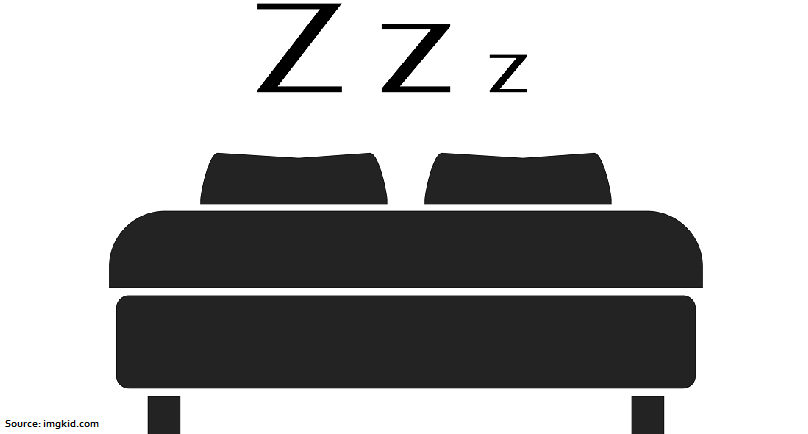By Kiwiana Ngabung – EMTV Online, Port Moresby
Most people don’t take sleeping as serious as they should. We get caught up watching a whole season of our favourite show or surf the net till daybreak, and get two or three hours sleep and then go about our daily business.
Though we may feel tired and have mild headaches, this doesn’t stop us from doing it again.
Fundamentally, sleep deprivation means that a person does not get enough sleep, which is less than eight hours.
Enough slumber can help the body immensely. What’s most fascinating is that an eight-hour sleep invigorates the complete bodily systems.
A few may think that catching up on sleep over the weekend will cover for the three nights of 2-hour sleeps. However, that is not completely factual, as only five hours of lost sleep during the week can be retrievable, according to Dr Raghu Reddy of the University of Arkansas for Medical Sciences.
So what are the effects of sleep deprivation?
• Slows down cognitive functions, therefore we lack concentration, focus, problem-solving skills, memorising, etcetera.
• Immune system is at risk because during sleep there are movements of cells to help prevent infections, inflammations, etc and repair damage in the body.
• Increased risk of high blood pressure because sleep drops the blood pressure and it may sometimes be the only time of the day, your blood pressure drops.
• Micro-sleeps are a common problem as well, that is very dangerous especially when driving. Micro-sleeps are the few minute sleeps you get, and you don’t even realise it.
• Long-term effects of deprived sleep are high blood pressure, strokes and may even lead to an early death.
How can we stop this?
The following are a few tips on getting the sleep your body needs.
• Set a regular bedtime and wake up time, keeping in mind that it should be eight hours of sleep.
• Keep your bed tidy and comfortable enough for sleep. There should be no papers from the office, or homework or snacks for midnight “emergencies”.
• Dinner should be eaten at least an hour and a half before bedtime.
• Keep the lights off or at least dimmed, because the brain may become active. And the notebooks and mobile phones well away.
• Listen to some relaxing music, like jazz or some classical music from Beethoven and the likes.
Not so sure if you’re getting enough sleep? Take this 59-second Sleep Test to find out.
Sleep deprivation can be one of the causes of a lifestyle disease, like cancer or high blood pressure. And if we take sleeping too lightly, we are likely to end up having complications with our body. But getting the sleep your body needs may just be fuelling your life span.


